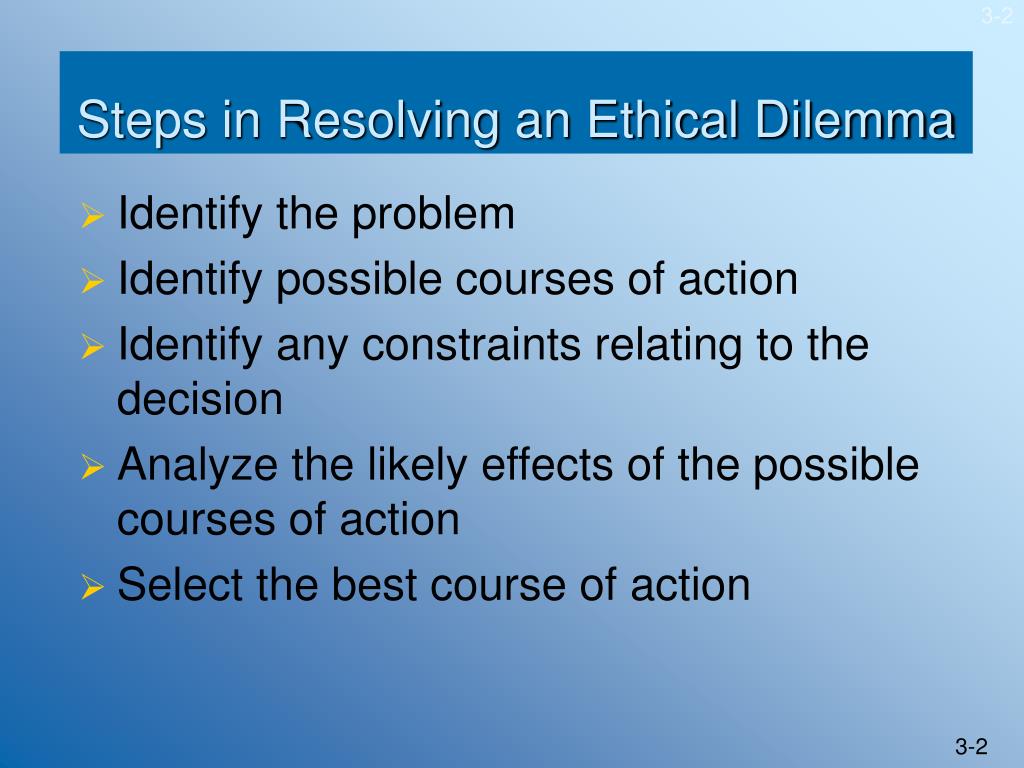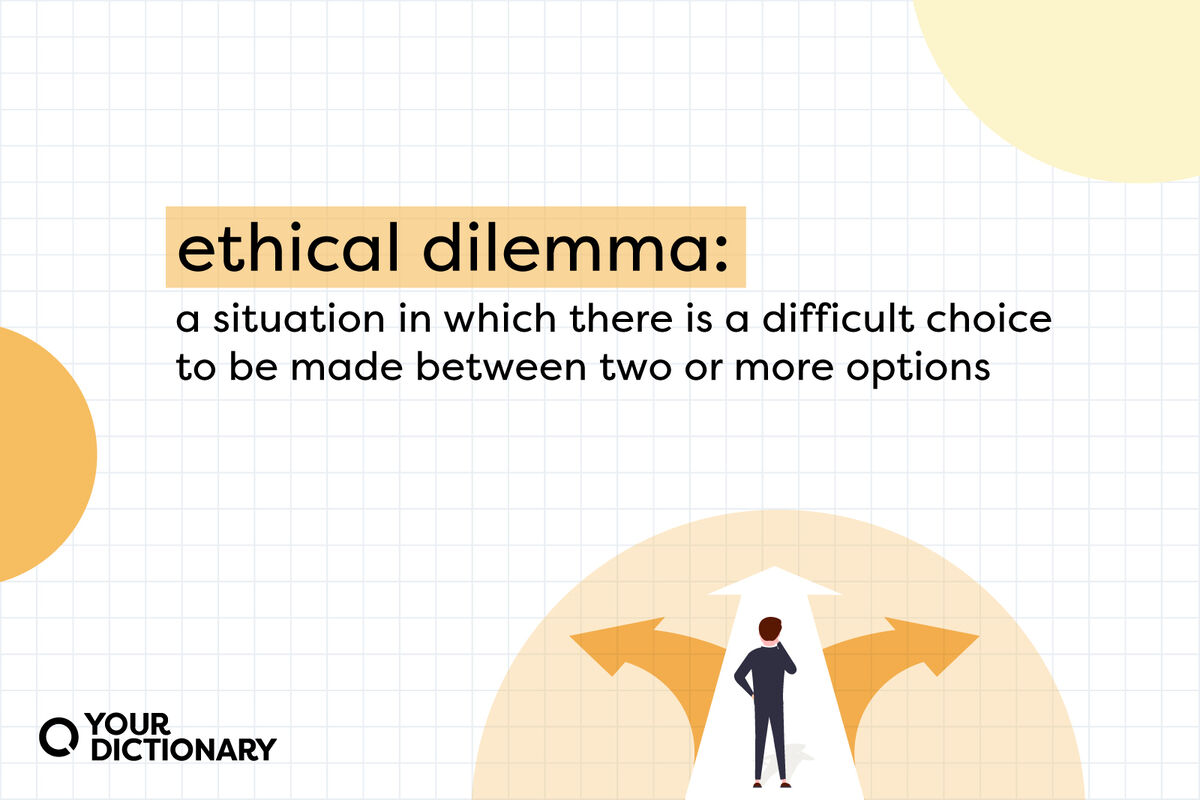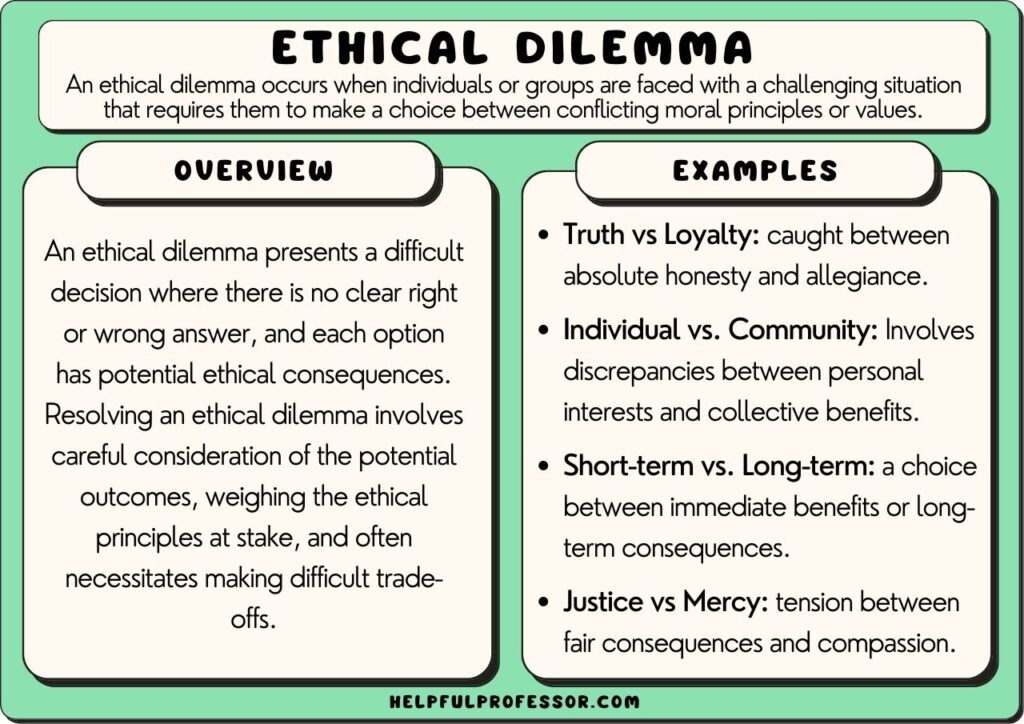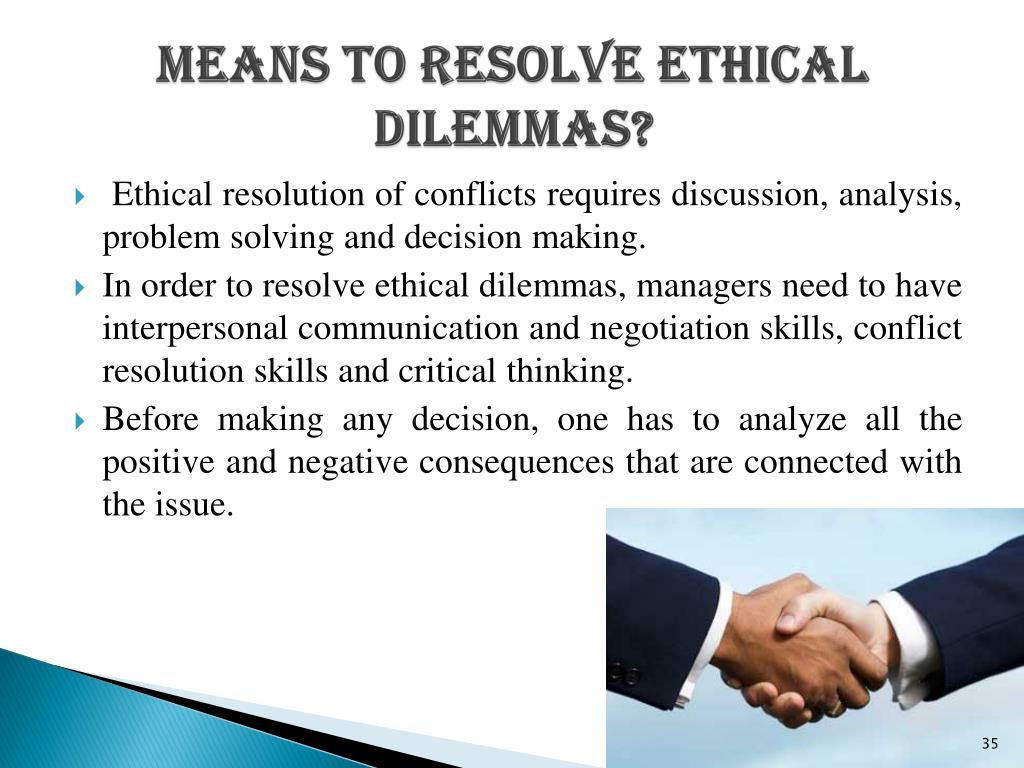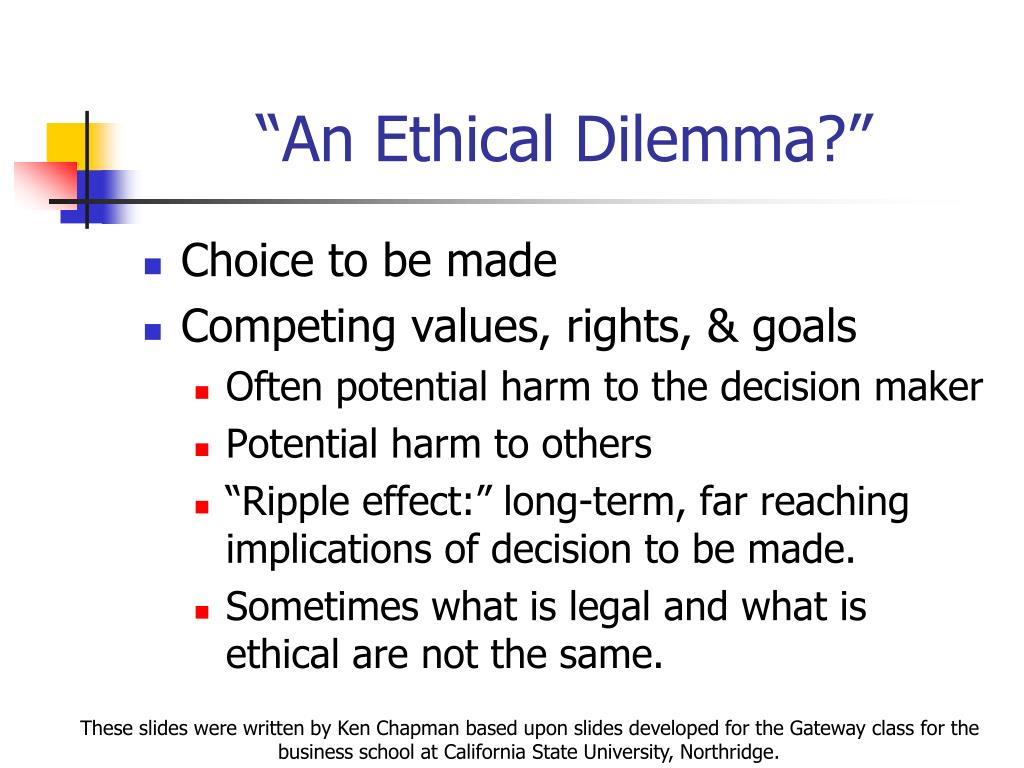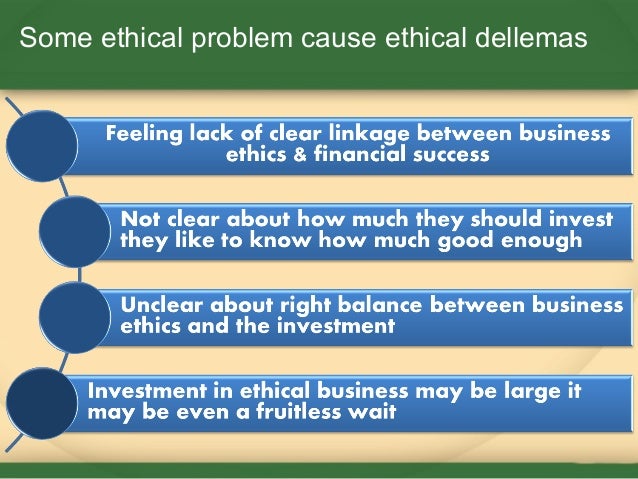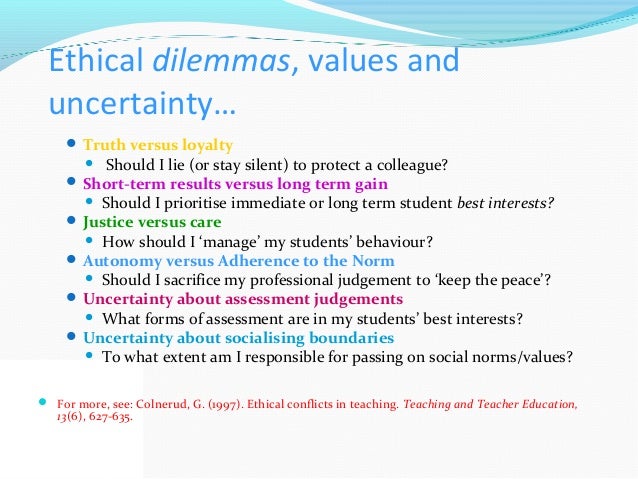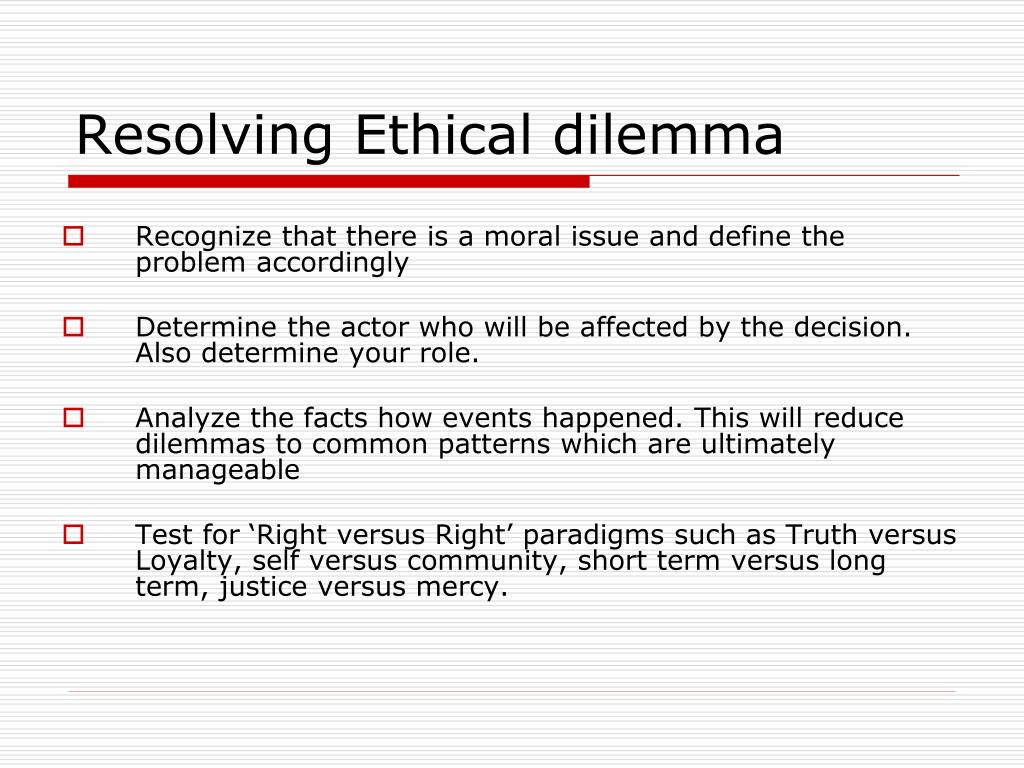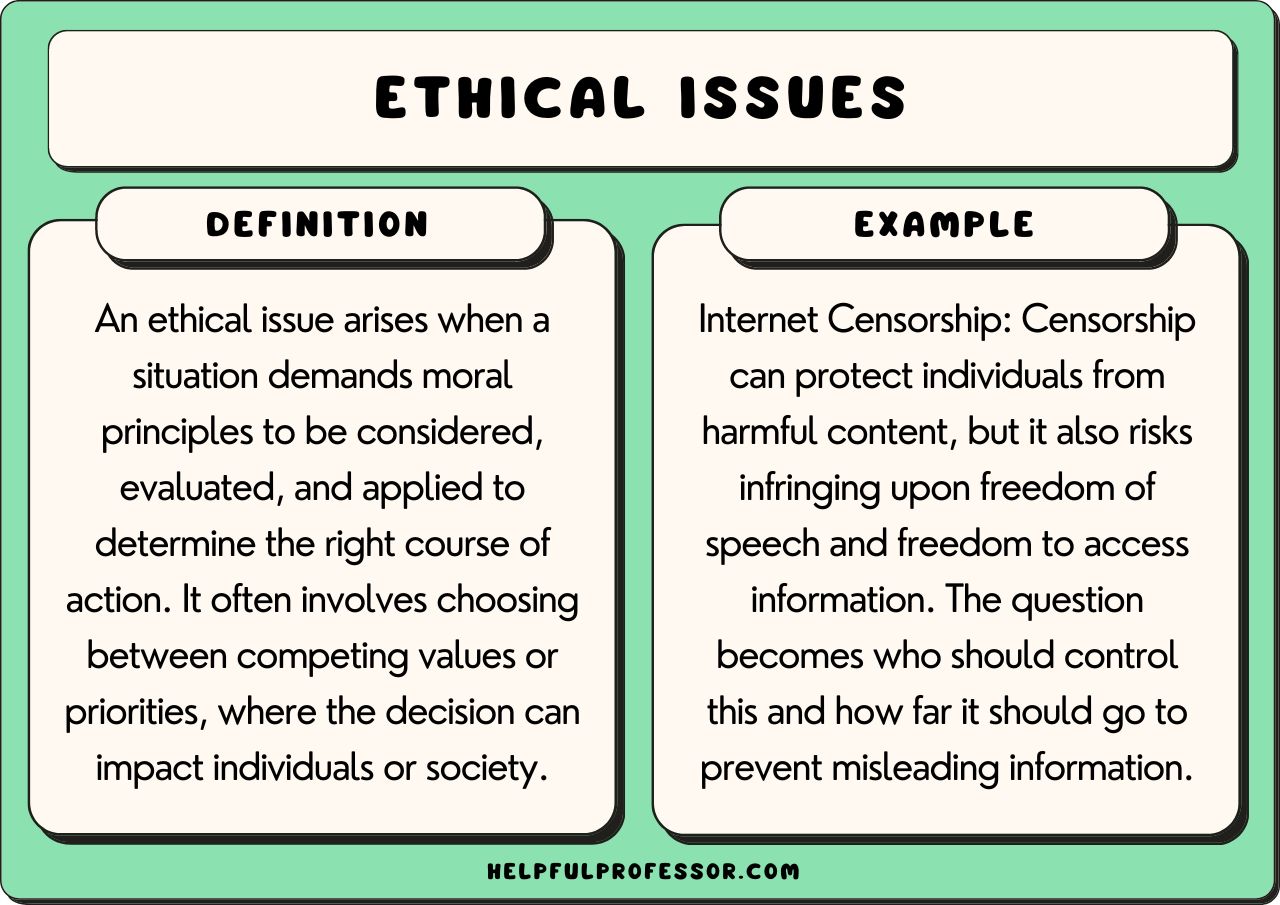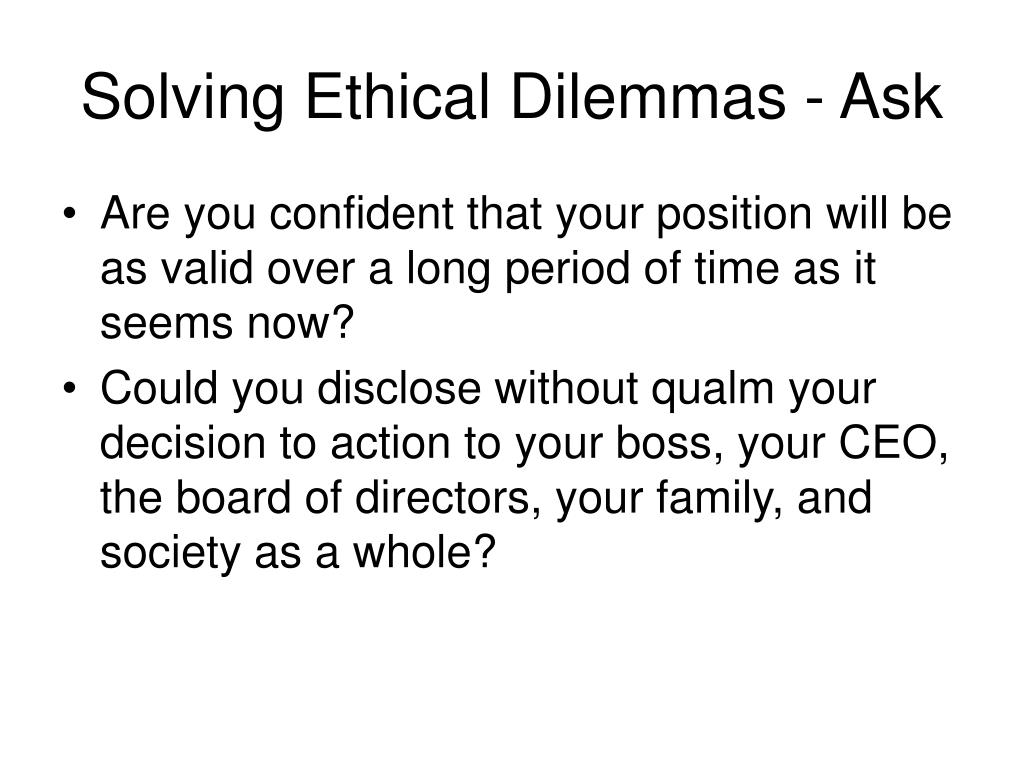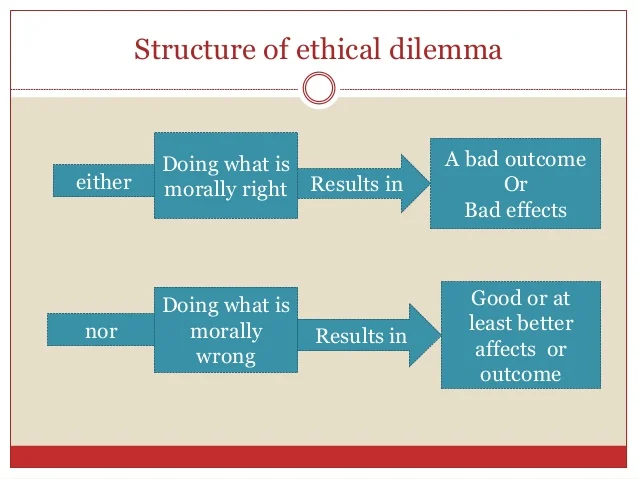How Do You Solve An Ethical Dilemma
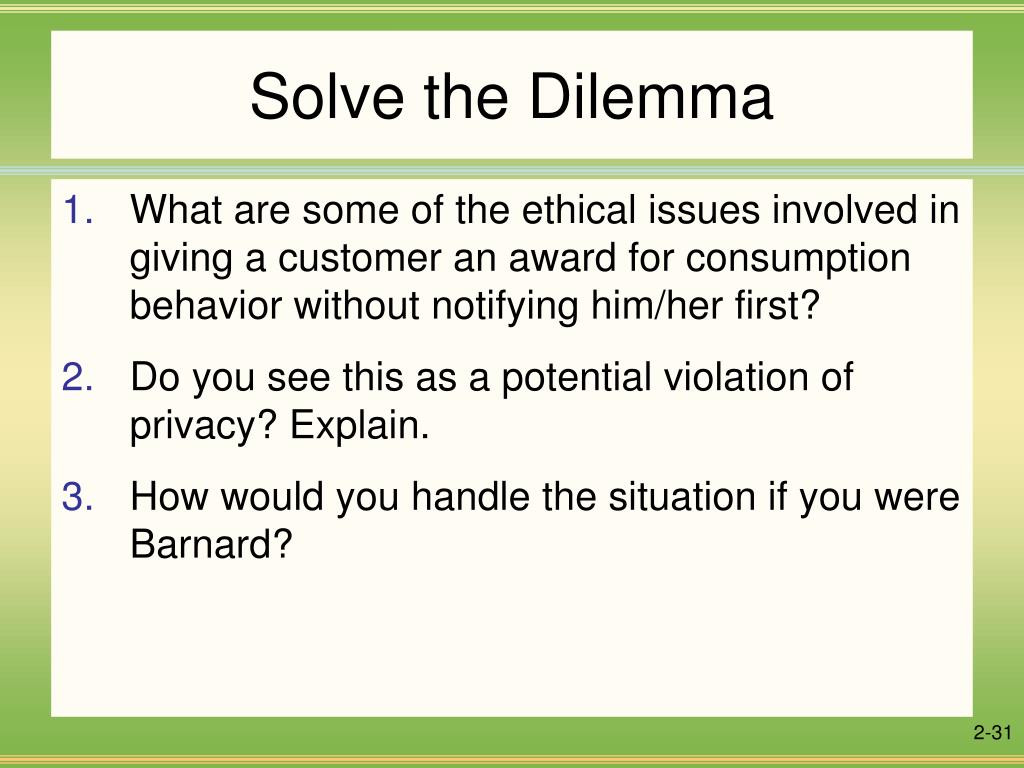
Ethical dilemmas are unavoidable in personal and professional life, demanding structured approaches for sound resolutions. Navigating these complexities requires a blend of critical thinking, ethical frameworks, and stakeholder consideration.
Understanding Ethical Dilemmas
An ethical dilemma arises when conflicting moral principles make it difficult to determine the right course of action. These situations often lack clear-cut answers, forcing individuals to weigh competing values.
According to the Markkula Center for Applied Ethics at Santa Clara University, ethical decision-making processes involve identifying the ethical issues, stakeholders, and potential courses of action.
A Step-by-Step Approach to Resolution
The first step involves clearly identifying the ethical problem. What are the conflicting values? Who are the individuals or groups affected?
Next, gather all relevant facts. Understanding the context and available information is crucial for informed decision-making.
Identify all stakeholders involved and their interests. Consider how each option will impact them, both positively and negatively.
Explore various options and potential solutions. Brainstorming multiple approaches ensures a broader perspective.
Evaluate each option using different ethical frameworks. Consider utilitarianism (greatest good for the greatest number), deontology (adherence to rules and duties), and virtue ethics (acting in accordance with moral character).
Choose the option that aligns best with your values and the ethical principles that guide your decision-making. This choice should be well-reasoned and defensible.
Implement the chosen solution, documenting the process and reasoning behind it. This documentation is essential for accountability and future reference.
Regularly review and evaluate the outcome. Did the solution achieve the desired result? Were there any unintended consequences?
Ethical Frameworks in Practice
The utilitarian approach focuses on maximizing overall well-being. For instance, in a resource allocation dilemma, prioritize the option that benefits the most people.
Deontology emphasizes duties and rules. Would following a specific rule or principle lead to a just outcome, regardless of the consequences?
Virtue ethics focuses on character and moral excellence. What would a virtuous person do in this situation? Consider traits like honesty, fairness, and compassion.
Seeking Guidance and Consultation
Don't hesitate to seek advice from trusted colleagues, mentors, or ethics professionals. External perspectives can offer valuable insights.
Many organizations have ethics committees or ombudsmen to provide guidance on ethical matters. Utilize these resources when available.
The Importance of Ethical Leadership
Leaders play a critical role in fostering an ethical culture. Their actions set the tone for the entire organization.
According to a 2023 report by the Ethics & Compliance Initiative (ECI), organizations with strong ethical cultures are more likely to report misconduct and achieve sustainable success.
Addressing Potential Biases
Be aware of your own biases and how they might influence your decision-making. Cognitive biases can lead to flawed ethical judgments.
Challenge your assumptions and seek diverse perspectives to mitigate the impact of biases. Transparency and open communication are key.
Moving Forward: Continuous Improvement
Ethical decision-making is an ongoing process. Continuously refine your understanding of ethical principles and frameworks.
Regularly review your organization's code of ethics and ensure it reflects current values and challenges. Ongoing training and education can empower individuals to navigate ethical dilemmas effectively.
Developing strong ethical decision-making skills is crucial for individuals and organizations alike. By following a structured approach and seeking guidance when needed, we can navigate complex ethical challenges with integrity and responsibility.
